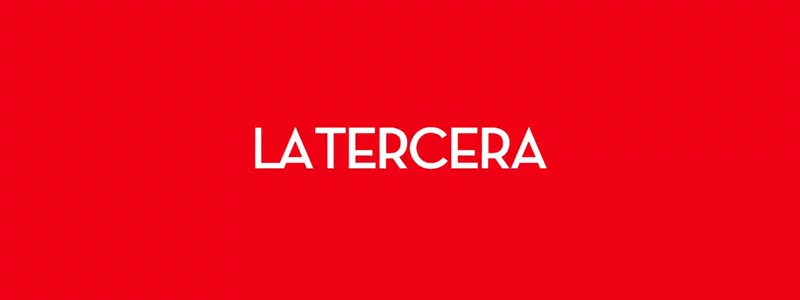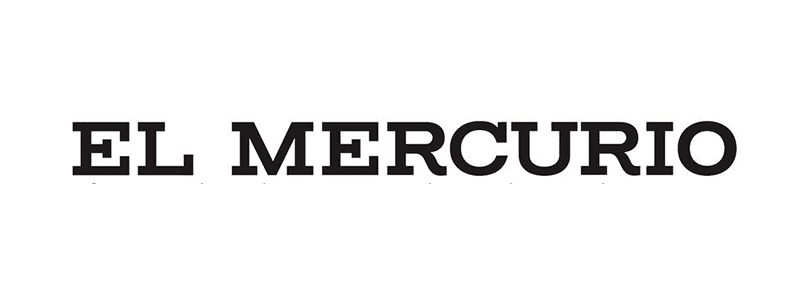Dear Editor-in-Chief:
The so-called 40-hour Law raises several questions and problems regarding its practical application, due to the lack of refined legislative technique with which some of its provisions were drafted, but even more so, with the criteria that the Labor Directorate has supported ( DT).
For example, regarding the adequacy of the reduction of working hours, the law indicates that in the first place, it is applied through common agreement between the parties, or through union organizations. Here it is an obvious fact that these do not have absolute ownership to resort to them and reach an agreement regarding the unionized workers, however, the DT has not been categorical in expressing it, as it did before regarding the proportional reduction in its statement. issued even a week before the law came into force.
On the other hand, the new law establishes that, in the event of a dispute between an employer and worker, any of the parties may request that the Labor Inspector decide whether or not a worker is exempt from working hours. Here the question arises about the role that the Labor Inspection will have. Will said declaration have a declarative effect that admits correction or will a fine be immediately applied if it is considered that a worker should not be exempt from working hours?
As we observed, there are many questions surrounding the application of the new 40-hour Law. A fact that was confirmed in the controversy generated, so it is relevant that, before its next entry into force, more certainties than controversies are generated.
Jorge Arredondo, Partner | jarredondo@az.cl




